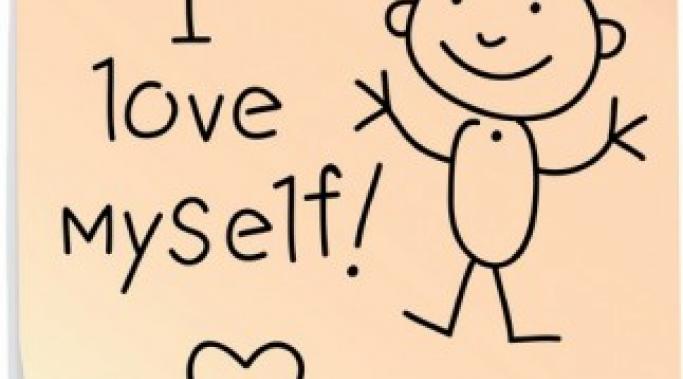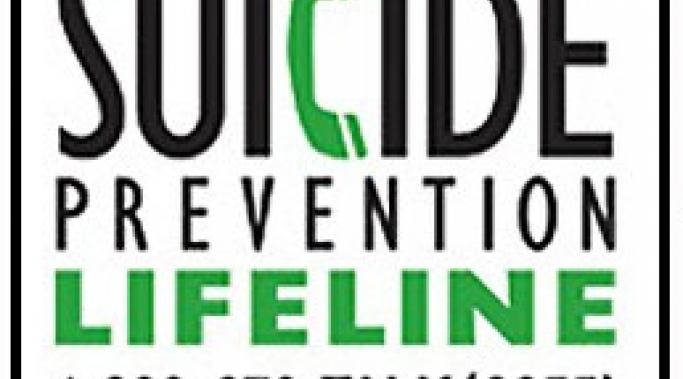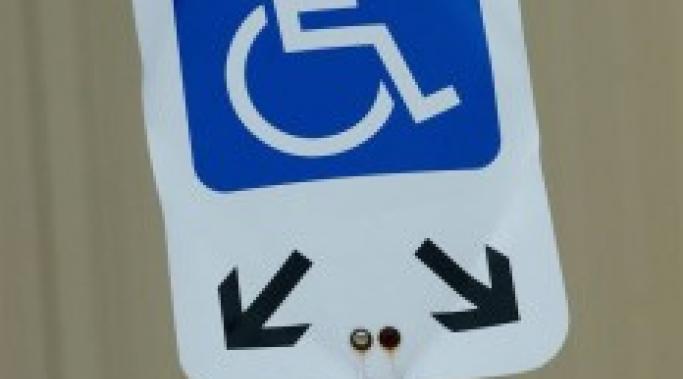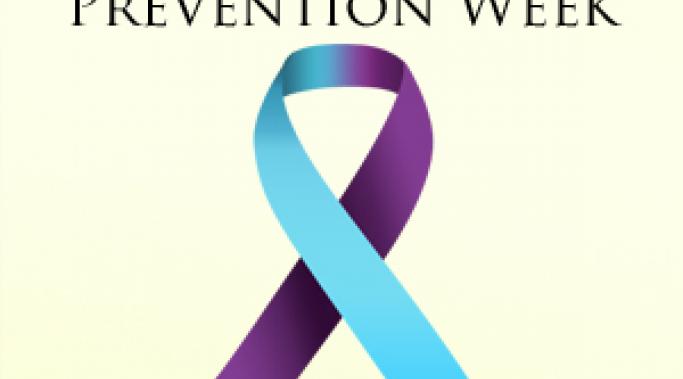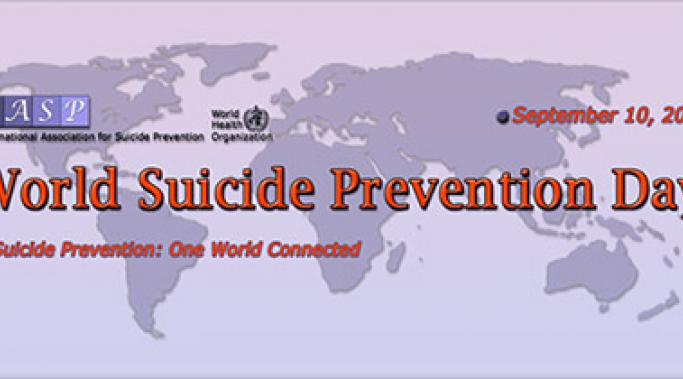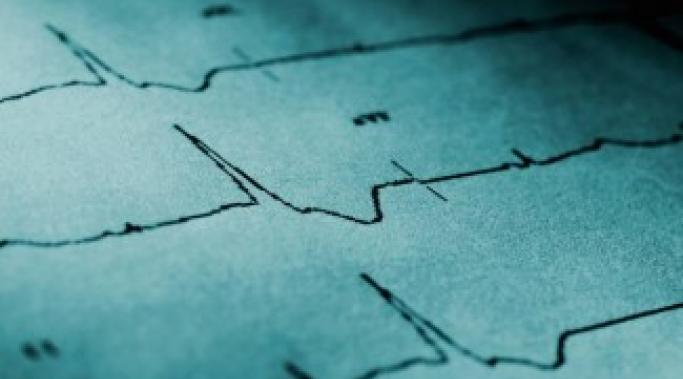I have major guilt when my bipolar interferes with work. I have this thing where I think that bipolar is just an excuse for laziness and that if I was a just a better person bipolar wouldn’t interfere with my work. Even though I know this isn’t true, it seems to be the only thing I think about when bipolar rears its ugly head and deleteriously affects my work.
Understanding Mental Illness
Do you know how the United States treats psychosis -- a condition that affects millions of Americans? I am not an expert in psychosis, nor have I, personally, experienced psychosis, but one thing I’m pretty sure about is how the United States treats psychosis is all wrong.
I think it’s hard to have healthy self-esteem when you have bipolar. Sure, you can have grandiose self-esteem when you’re manic or hypomanic but that’s not the self-esteem you carry with you into everyday life, nor is it particularly healthy self-esteem. No, I think people with bipolar have low self-esteem because of their illnesses.
One of the horrific aspects of suicide is how helpless other people are to stop someone who truly wants to die. I have said before and I will say again that even one suicide is too many and we all have to work together to end the rash of suicides that affect so many of our youth (among others). But one hard truth that we have to accept is that we are really helpless when it comes to one person’s individual suicide.
I don’t really go around shouting the fact that I am disabled. I have an invisible disability so I suppose that affords me the luxury of not having people know. But, in fact, severe bipolar disorder is a disability. Ask anyone who lives with it. They will tell you how disabling it is. It’s horrendous. And, in Canada, we have a disability tax credit. It’s supposed to making working a little bit easier for people with a disability. Well, I have a disability and I was denied the disability tax credit.
Yesterday I talked about how to predict who is at risk for a suicide/suicide attempt. Today I want to talk about how to use that information to prevent suicide and what to do if you see the signs of someone experiencing suicidal thoughts.
In the United States, one person every 13.3 minutes dies of suicide. Suicide is the 2nd leading cause of death among young people (15-24). More people are killed by suicide than by homicide and yet it’s never suicide that people fear.
Some people say that no matter what we do, there will always be suicide so efforts to stem the tide of deaths are pretty much useless.
I say that’s poppycock.
I say we should aim for zero suicides. I believe that not one more life should be lost.
And suicidologists (yes, that’s a thing) would agree with me. September 10th is International World Suicide Prevention Day. Here’s what you need to know about predicting and preventing suicides.
If you haven’t heard the tragic news, I’m very sorry to tell you that Robin Williams died by apparent suicide, Monday, August 11, 2014. He was 63 years old. Williams suffered from substance abuse issues and likely bipolar disorder (his depression was confirmed recently by his publicist, bipolar not as much).
In other words, we lost one of us. We lost one of the bipolar/depression community at large. And the stark reality of losing a person with a mental illness who is so incredibly brilliant, talented and outwardly happy can easily bring about feelings of depression, anxiety and even our own thoughts of suicide. All of us, myself included, need to react to this tragically genuinely, but without allowing it to make our own mental health or depression worse.
In a traditional model of bipolar disorder, a mood episode (depression/mania/hypomania) lasts (untreated) for a prolonged period of time. Typically, an episode will last from weeks to months. In a traditional model, people with untreated bipolar disorder only experience three or fewer mood episodes per year.
To many people that actually sounds like a great blessing because, for many people, mood changes come far more rapidly. People who experience more than three mood episodes per year have what’s known as rapid cycling bipolar disorder. People who have moods that only last days have ultra-rapid cycling bipolar disorder.
And people whose bipolar moods last less than that? That’s known as ultradian cycling bipolar disorder.
So I’ve just returned from 10 days in Parma, Italy (see about bipolar vacation planning, here). It was a week-and-a-half of parmigiano reggiano, prosciutto di Parma, gelato and other things that only Italians really know how to make.
People often joke that they “need some time off to recover from that vacation.”
Yes, hilarious.
I’m not exactly sure what they mean by this but what I can say is that as a person with bipolar, I absolutely do need time to recuperate from a vacation.


